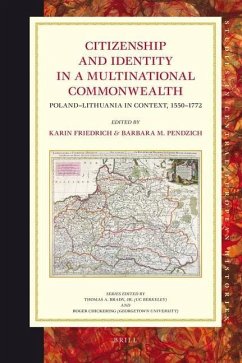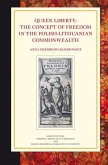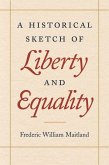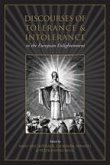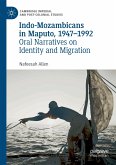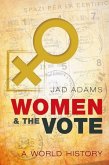This volume seeks to address the doubts harboured by the West about the ability of East Central European states to build modern democracies and tolerant societies after the expansion of the European Union eastwards. The tradition of the Polish-Lithuanian Commonwealth is thereby often overlooked in favour of the nationalist romanticism and xenophobia of the nineteenth and early twentieth century, which arose from the specific context of the partitions of 1772-95. Yet citizenship in a multinational context was a central theme of the political debate in early modern Poland-Lithuania. For many contemporary religious and national conflicts, this Commonwealth cannot be a direct model for imitation, but may serve as a source of inspiration due to the creative solutions and compromises it negotiated while integrating many faiths and ethnicities. Contributors are James B. Collins, Karin Friedrich, Gershon David Hundert, Joanna KostyA, o, Krzysztof Aazarski, Allan I. Macinnes, Barbara M. Pendzich, Felicia RoAu, Barbara Skinner, and ArtAras Vasiliauskas.
Hinweis: Dieser Artikel kann nur an eine deutsche Lieferadresse ausgeliefert werden.
Hinweis: Dieser Artikel kann nur an eine deutsche Lieferadresse ausgeliefert werden.

